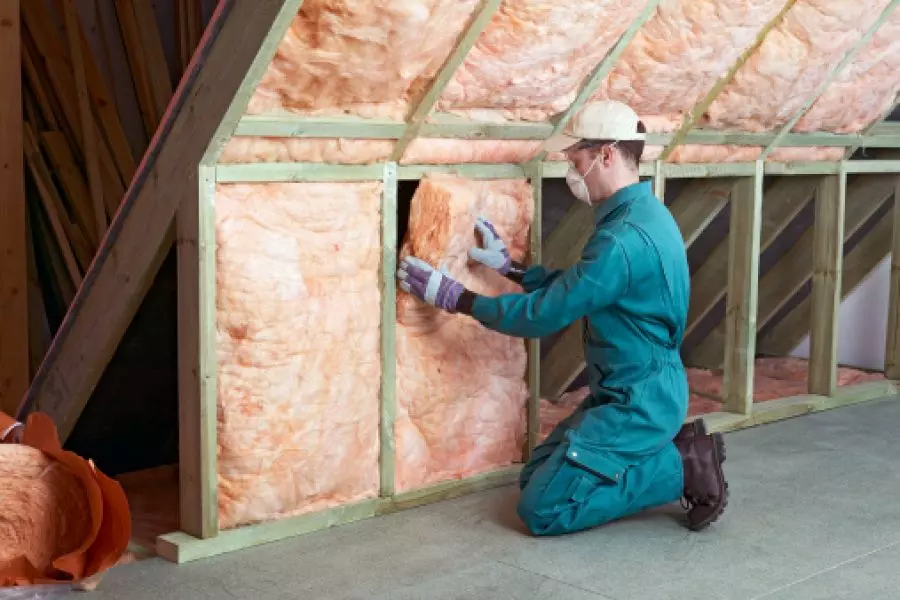News
Call to beef up proposed rental standards

Thursday 18th of February 2016
The Residential Tenancies Amendment Bill, which includes proposals that will require landlords to install insulation and smoke alarms in all residential properties, is currently before the Social Services Select Committee.
Building and Housing Minister Nick Smi...
Want to read the full article?
Click the button below to subscribe and will have unlimited access to full article and all other articles on the site.






![[The Wrap] Bye Bye Bayly](https://goodreturns.publit.io/file/c_fill,w_900,h_600/39f23ac1-f7c7-4854-b700-a150004ebbac.webp)


